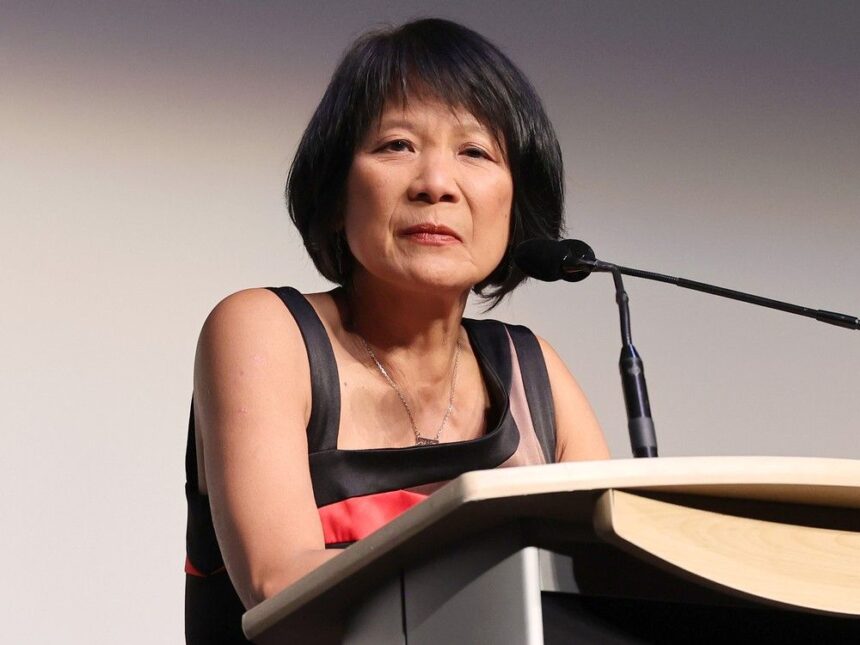Less than six months into her tenure, Mayor Olivia Chow’s honeymoon period with Toronto voters appears to be waning. A recent Liaison Strategies poll reveals that just 46% of Torontonians approve of her performance – a lukewarm reception that speaks volumes about the challenges facing City Hall.
As I walked through Nathan Phillips Square yesterday morning, conversations among commuters seemed to mirror these polling numbers. “I had higher hopes,” admitted Daniela Sharma, a small business owner from Leslieside who voted for Chow last July. “The housing promises especially – we’re still waiting to see real action.”
The poll, which surveyed 1,200 Toronto residents between January 10-12, shows a clear urban-suburban divide in Chow’s support base. Downtown residents remain her strongest advocates, with 58% expressing approval, while North York and Scarborough residents reported approval ratings below 40%.
Toronto political analyst Dr. Rima Berns-McGown suggests this geographical split isn’t surprising. “Chow campaigned heavily on addressing downtown issues like homelessness and affordable housing. Suburban voters are wondering where their priorities fit,” she explained during our interview at her University of Toronto office.
The mayor’s handling of the city budget seems particularly contentious. Despite her progressive platform, Chow’s proposed property tax increase has alienated some supporters while failing to win over fiscal conservatives. Just 41% of respondents approved of her financial management – the lowest score across all performance categories.
“The 9.5% property tax increase hits homeowners hard without delivering immediate visible improvements,” notes Realosophy’s John Pasalis. “People understand the city needs revenue, but they want to see tangible benefits for their money.”
Transit emerged as another pain point, with just 43% approving of Chow’s handling of the TTC and transportation issues. Recent service cuts and reliability concerns have frustrated commuters across the city.
“I spent 45 minutes waiting for a streetcar yesterday,” shared Marcus Lee, a graphic designer I met at a Spadina Avenue coffee shop. “Chow talked big about transit during the campaign, but my commute actually feels worse now.”
Toronto Metropolitan University political science professor Dr. Myer Siemiatycki cautions against reading too much into these early numbers. “First-year mayors often face approval dips as campaign promises meet bureaucratic and budgetary realities,” he told me. “What matters is whether Chow can effectively communicate her long-term vision while delivering some early wins.”
The poll revealed one surprising bright spot – environmental initiatives. Nearly 53% of respondents approved of Chow’s climate and sustainability approaches, including expanded bike lanes and green infrastructure investments.
For context, former mayor John Tory maintained approval ratings between 55-65% through most of his tenure, though he faced different challenges and governed during less financially constrained times.
When reached for comment, the mayor’s office emphasized Chow’s commitment to addressing longstanding issues. “Mayor Chow inherited significant structural deficits and is making difficult but necessary decisions to secure Toronto’s future,” said communications director Arianne Robinson. “We’re confident residents will see the benefits of these investments in the coming months.”
The poll, which has a margin of error of ±2.8%, offers a snapshot of public sentiment at a critical juncture for the Chow administration. With budget deliberations ongoing and several major policy initiatives slated for spring rollout, the next few months may determine whether the mayor can convert skeptics into supporters.
As veteran City Hall reporter David Rider of the Toronto Star noted, “Chow campaigned as a champion for everyday Torontonians. Now she needs to demonstrate she can actually improve their daily lives – whether that’s through more reliable transit, safer streets, or affordable housing solutions.”
For many voters, patience appears to be wearing thin. As Parkdale resident and small business owner Jamie Singh told me, “I’m still hopeful, but we need to see results soon. Toronto has big problems that need more than just progressive talking points.”
The mayor’s team has just announced a series of town halls across the city for February and March – perhaps a recognition that rebuilding public confidence requires both policy wins and improved communication with residents in all corners of Toronto.







